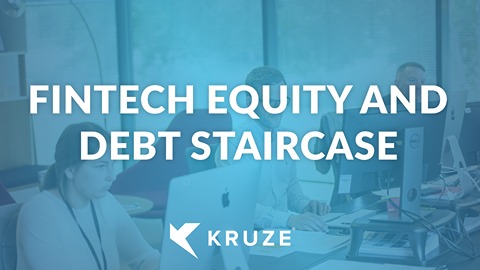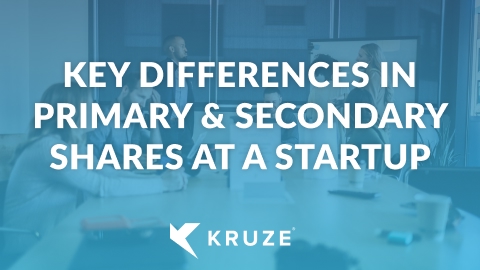
Investors in venture capital funds, like endowments, foundations, and pension funds, agree to contribute certain amounts of capital to that fund. For example, a pension fund might agree to commit $100 million to a fund.
At closing, the fund manager (called a general partner or GP) might require the pension fund to pay 10% of that commitment, or $10 million.The pension fund can hang on to the remaining $90 million for now. That’s a capital “call,” and the fund manager will do that to all the limited partners, collecting a pool of money that they will invest in startups.
At some date in the future, when the initial funds are mostly invested, the fund manager will “call” an additional portion of the remaining capital that the pension fund has committed. Normally they’ll also note how much of the investing institution’s commitment has already been called, such as 20% or 50%.
Capital calls are legally enforceable and follow the rules set out in the fund’s partnership agreement, and investors who don’t respond to capital calls risk legal action and penalties. The investing institution usually has a “window” to respond to the call, such as 10 days or 30 days.
The venture capital fund tries to be strategic and spread the capital calls out, rather than doing several calls rapidly. Having too much capital on hand creates “cash drag,” which is having a large sum of money sitting in a bank account earning very little return. So the VC fund works to balance having enough capital to make investments against having too much capital that’s deployed too slowly.
That’s an important juggling act, because VC funds are judged on the capital they return and the rate of return on the proceeds they generate. So the fund manager tries very hard to maintain a smooth process of capital calls and venture capital investments. For more information on the venture capital ecosystem, check out our videos on Financing a Startup.
Why do VC limited partners hate capital calls when the market is down?
Investors in venture capital funds tend to be large, institutional investors, like foundations, endowments, and pension funds, and they’re called limited partners (LPs). And typically those types of institutional investors normally keep their money in investments that offer better returns than basic savings accounts – investments like stocks, bonds, and other alternatives. These types of investors don’t want to keep cash on hand; instead, they prefer to have those funds in investments that earn a stronger yield.
If the VC fund issues a capital call, the LPs usually have to sell investments to fund the venture capital partnership. So when the markets are down, the LPs have to sell stocks or bonds at a lower value to meet their capital call obligations. LPs are legally required to respond to their capital calls, or there can be penalties and legal action. Most importantly, their reputations will suffer, which could affect their ability to invest in other VC funds.
From the perspective of the VC fund, the fund manager needs to try very hard to keep the LPs from being overwhelmed with rapid-fire capital calls.The VC fund manager needs to be strategic, and be very judicious about the startups they invest in, or even pass up some investments. However, if VC funds can invest in a tough market with lower valuations, the return expectations are much higher when things normalize. So the VC fund managers have to strike a balance between the startups they invest in and the limited partners.
If you’re looking for information on venture capital investing, you can view our videos on venture capital financing. And if you have other questions, please contact us.












